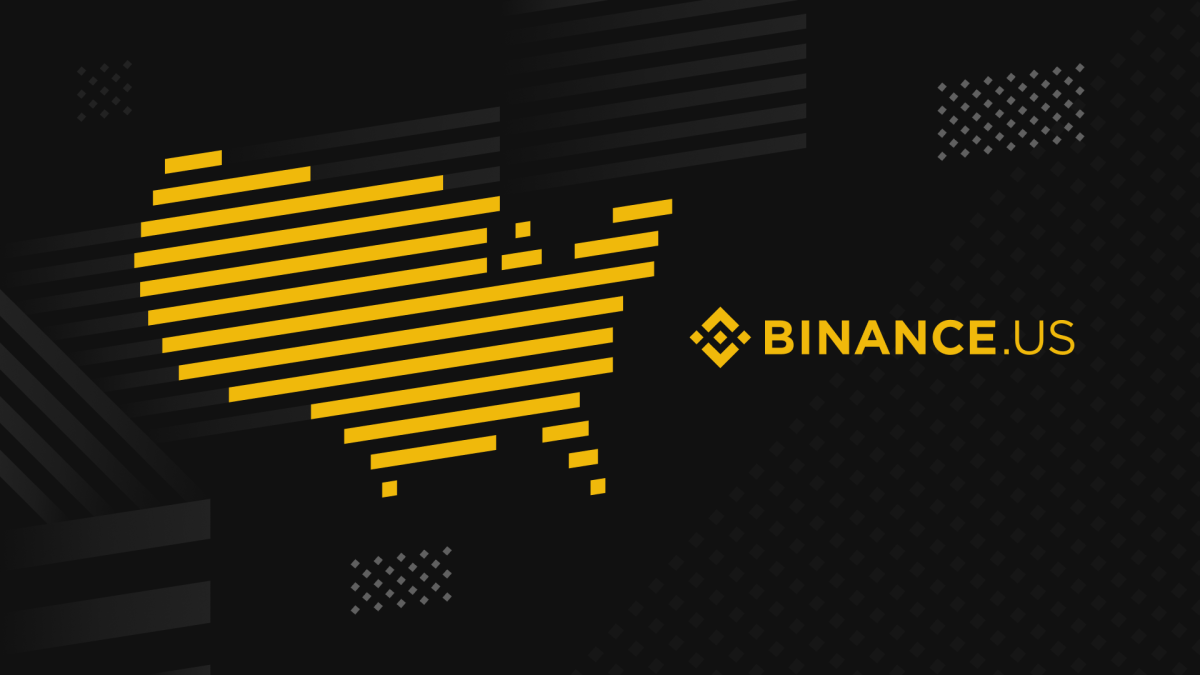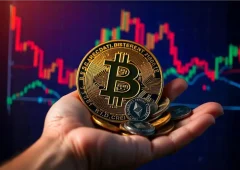Binance CEO Optimistic About U.S. Comeback Under Trump Administration
19.02.2025 17:00 1 min. read Kosta Gushterov
Binance CEO Richard Teng is hopeful that the crypto regulatory landscape in the U.S. will shift in a favorable direction with the new administration under President Donald Trump.
In a recent interview, Teng shared that the transition from restrictive policies to a more crypto-friendly approach gives him optimism about the possibility of Binance returning to the U.S. market.
Previously, under President Biden, the crypto space was marred by intense regulatory scrutiny, including multiple high-profile lawsuits against leading exchanges like Binance and Coinbase.
However, Teng sees a new opportunity under Trump’s leadership, with potential regulatory clarity on the horizon for the industry. Despite this, Binance US continues to await more guidance before considering a full U.S. return.
The U.S. SEC had filed a lawsuit against Binance US in mid-2023, accusing the exchange of mishandling customer funds and violating securities laws, which led to the suspension of operations.
Binance eventually reached a settlement, agreeing to pay $4.3 billion to resolve the case. While the company continues to battle the SEC on other fronts, the legal process has been temporarily paused while the SEC establishes a crypto-focused task force.
-
1
UK Regulators Unveil PISCES – A New Era for Private Share Trading
11.06.2025 15:00 2 min. read -
2
Trump Turns 79 With Billions in Crypto and a $45M Parade
14.06.2025 22:00 2 min. read -
3
Polygon Breaks from Decentralization as Sandeep Nailwal Assumes Full Control
11.06.2025 20:00 2 min. read -
4
KuCoin Plants Its Flag in Bangkok With a Licensed Thai Exchange
14.06.2025 13:00 1 min. read -
5
Nvidia CEO Urges UK to Invest in AI Infrastructure or Risk Falling Behind
10.06.2025 9:00 1 min. read
U.S. Bank Advises Clients to Drop These Cryptocurrencies
Anchorage Digital, a federally chartered crypto custody bank, is urging its institutional clients to move away from major stablecoins like USDC, Agora USD (AUSD), and Usual USD (USD0), recommending instead a shift to the Global Dollar (USDG) — a stablecoin issued by Paxos and backed by a consortium that includes Anchorage itself.
Vitalik Buterin Warns Digital ID Projects Could End Pseudonymity
Ethereum co-founder Vitalik Buterin has voiced concerns over the rise of zero-knowledge (ZK) digital identity projects, specifically warning that systems like World — formerly Worldcoin and backed by OpenAI’s Sam Altman — could undermine pseudonymity in the digital world.
What Are the Key Trends in European Consumer Payments for 2024?
A new report by the European Central Bank (ECB) reveals that digital payment methods continue to gain ground across the euro area, though cash remains a vital part of the consumer payment landscape — particularly for small-value transactions and person-to-person (P2P) payments.
History Shows War Panic Selling Hurts Crypto Traders
Geopolitical conflict rattles markets, but history shows panic selling crypto in response is usually the wrong move.
-
1
UK Regulators Unveil PISCES – A New Era for Private Share Trading
11.06.2025 15:00 2 min. read -
2
Trump Turns 79 With Billions in Crypto and a $45M Parade
14.06.2025 22:00 2 min. read -
3
Polygon Breaks from Decentralization as Sandeep Nailwal Assumes Full Control
11.06.2025 20:00 2 min. read -
4
KuCoin Plants Its Flag in Bangkok With a Licensed Thai Exchange
14.06.2025 13:00 1 min. read -
5
Nvidia CEO Urges UK to Invest in AI Infrastructure or Risk Falling Behind
10.06.2025 9:00 1 min. read


